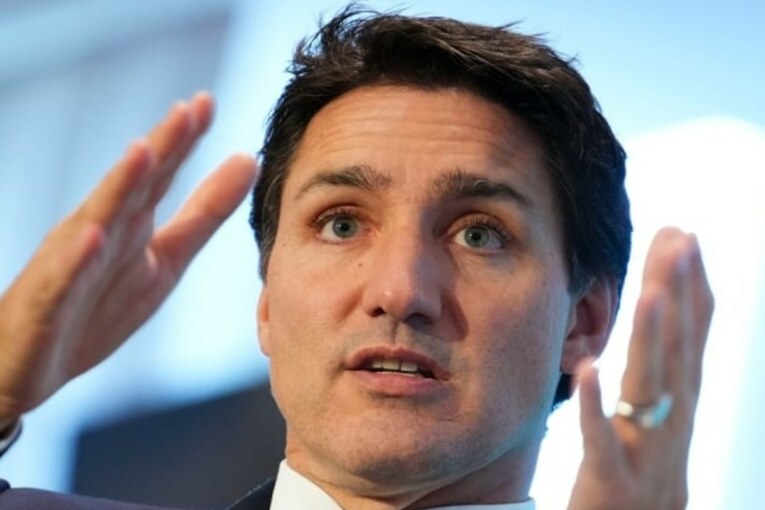
Industries from automobile manufacturing to oil and gas production are warning that Canada must invest more to match its largest trading partner. Government officials, speaking on condition they not be named in discussing policy deliberations, say that Canada can’t afford to go dollar-for-dollar with the US and will have to instead place bets on specific sectors.
Trudeau’s finance minister, Chrystia Freeland, has begun work on a response to President Joe Biden’s plan amid escalating concerns that more generous incentives will pull capital south of the border.
The US legislation puts Canada in a bind. Under Trudeau, the country passed a national carbon price and uses a mix of sticks and carrots to push industries to decarbonize. The US has largely neglected the sticks, but is now pointing a firehose of money — at least $370 billion, or nearly C$500 billion — at the green transition that risks undermining Canada’s own effort to build low-carbon industries.
A parliamentary committee is studying the matter, with steelmakers, auto manufacturers, trade unions, fuel producers and many other lobby groups called to testify.
“The IRA is the most audacious public policy instrument ever introduced to decarbonize a major economy,” Bob Masterson, chief executive officer of the Chemistry Industry Association of Canada, told lawmakers Tuesday. The Americans have “unleashed the power of private capital” to decarbonize, he argued, while Canada is stuck in debates over strategies and plans.
Meg Gingrich of the United Steelworkers Union told the committee that “the IRA’s incentives to firms to invest in clean technology, absent of any carbon tax, provides a double advantage to US steel producers.”
‘Enormous’ Supports
Directly comparing the US and Canadian incentives is difficult, especially because they use different kinds of tax credits. Government staff often take issue with claims made by industry, arguing they underestimate Canada’s funding and history of support for the clean-tech sector.
But Freeland’s department acknowledges the threat. Her Nov. 3



